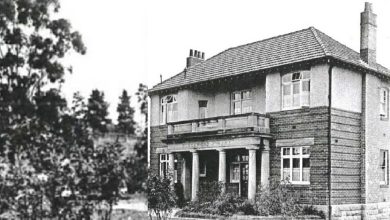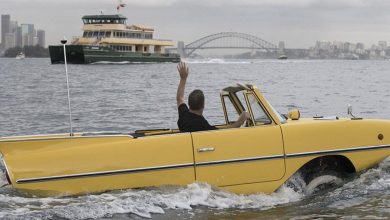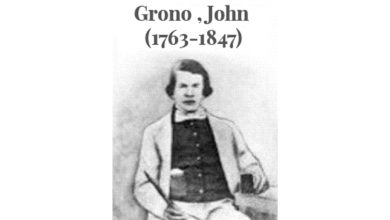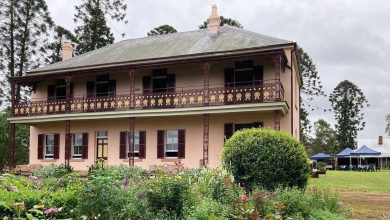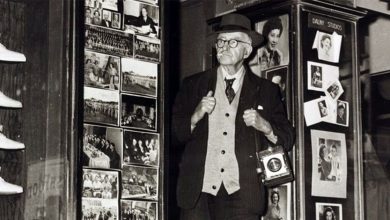As we celebrate the 100th anniversary of the end of World War 1, I decided to take a break form Maisie Allan’s Story of growing up in Australia and in this issue concentrate on the story of a larrikin rogue who fought in the Australian Army at the Western Front at Flanders.
PRIVATE JOHN (BARNEY) HINES was born Johannes Heim in Liverpool, England to German migrants. Living in a part of Liverpool which was predominantly Irish he changed his name to Hines and told people that he was Irish.
He was working in a sawmill in Australia when World War I broke out in August 1914…… When he first enlisted in 1915 he claimed to be 28. He was in fact 42 and had been fending for himself for 30 years, as a seaman, a labourer, a Boer War guide and other things all over the world.
The army discharged him after a few months training because even a big, strong man couldn’t go to war with haemorrhoids. But he re-enlisted later in 1916. This time he said he was 36 and the authorities weren’t so choosy because the Western Front was mincing up tens of thousands of men. He got to France as a 45th Battalion reinforcement in time for the slaughter of 1917.
Once in France, the legend of this huge, powerful man who never showed fear, and was known by his nickname of “Wild Eyes” began……he generally disdained conventional weapons such as his .303 rifle, preferring to go into action with two sandbags packed with Mills bombs…… his commanding officer had a brain wave and gave him a Lewis gun, which was an immediate success. Hines was entranced by its spraying effect and announced in his broad Liverpudlian accent: “This thing’ll do me. You can hose the bastards down.”
Hines seemed to reduce brutal combat to a sort of macabre sport. “Souveniring” German loot was maybe a way of keeping score, a logical thing to do in a place with no logic, where men lived miserably and died terribly and at random.
Hines’ most audacious act was to charge a German pill box, dance on top of it then throw two “Mills bombs” (early hand grenades) through the gun slits. After the smoke cleared, he captured the 63 shaken Germans who survived the blasts and came out with their hands up. Later the same day, he went back into the field and “knocked out” a German machinegun post. He preferred to leave his rifle behind and make solo raids lugging two bags stuffed full of “bombs”. The bags came in handy for bringing back loot.
Hines “found” a grandfather clock and put it in a dugout until his own troops blew it to pieces because the chimes gave away their position. Another time he returned from Amiens with suitcases full of French francs, apparently “found” in a bank. British military police arrested him but he caused so much trouble he was returned to his unit. In Armentieres he came across a keg of beer which he started to roll towards the battalion….. he was stopped by military police and told not to go any further with it…..unfazed, Hines left the keg and went ahead to round up fellow Diggers who returned to drink it on the spot.
He killed and captured dozens of Germans because he was good at it and he robbed them because he needed the money. He’d had his pay docked so often for brawling, drinking and going absent without leave that he was effectively fighting for nothing. In civilian life he could have made the ideal standover man or rogue cop, with a pistol in his belt, a roll of cash in his pocket and the sort of fearlessness that’s impossible to fake. His fame spread beyond his own battalion as stories of his exploits passed along the lines.
At Passchendaele, a shell burst killed every man in his Lewis gun crew. Hines was thrown 20 metres, had the soles ripped from his boots but still managed to crawl back and keep firing until he fainted from his wounds. After he recovered in hospital he returned, to be wounded again and gassed.
He was sent back to Australia a month before the Armistice and discharged in 1919. He went back to doing the best he could – droving, prospecting and timber cutting – but in the 1930s was camping in a hessian humpy on the western outskirts of Sydney. His old army mates took up a collection to help him but peace didn’t suit the old war dog.
When a new war broke out in 1939 he tried to join up again, aged 66, but this time he couldn’t fib his way in. “Barney” died broke in 1958 at 85. Now, he looks like a candidate to be a belated Aussie hero except for one problem. He was born and bred in Liverpool and didn’t reach Australia until he was in his 30s.
The stories lasted as long as his generation of Diggers did. When they died out, so did the legend. “Wild Eyes” wasn’t as romantic as “Simpson” and his donkey. He wasn’t officer material and contemporary war historians and correspondents weren’t going to praise such a vulgar character. They didn’t give medals to men like him.

